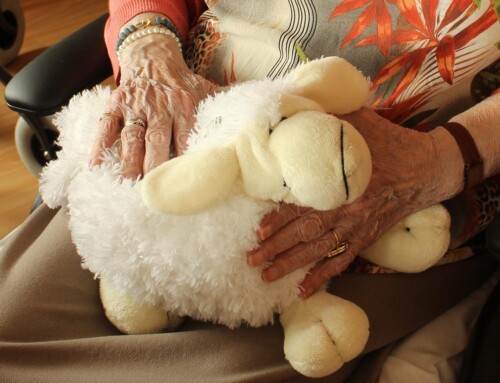Memory care facilities are a specialized type of long-term residential care developed to meet the specific needs of individuals with dementia or other forms of memory loss such as Alzheimer’s disease. They are often located on the same campus as an assisted living residence and offer many of the same benefits and services. Memory care also provides additional benefits for memory care patients, running a program designed to enhance and maintain the cognitive ability of residents. Is it time to consider long-term care for your loved one? This is the information you need to know about the memory care decision.

Please know that considering a memory care decision is nothing to feel shame over. Family caregivers are typically not qualified medical professionals and do not possess the knowledge or physical strength needed to care for a loved one with severe medical issues. This is especially true for those also responsible for a career and family. There are a few key indicators that it may be time to consider memory care.
As a Caregiver, Are You Getting Tired?
When acting as a caregiver, it is difficult to prioritize what you need above that of your loved one with dementia. Still, this is a primary factor to consider when deciding whether or not it is time for memory care. You may feel frustrated by your patient’s neediness, be discouraged by the decline in health, or be saddened by the loss of conversation and relationship. When you are experiencing these feelings, burnout is likely. This type of stress indicates that you do not have the emotional and physical support you require for your own mental health. If, as a caregiver, you are feeling overwhelmed or isolated, it will be hard to take care of yourself – and certainly to provide compassionate, quality care to your charge.
Is the Home Environment Safe for the Patient?
As dementia and Alzheimer’s progress, your patient’s ability to perform daily activities will be reduced. They may need more assistance, continual reminders, and even an ever-present companion to keep them safe. Simple activities like cooking can become dangerous and have the potential for causing injury, and dementia and Alzheimer’s patients have a tendency to wander. To keep your loved one safe and secure, they need someone who can supervise their movements and to carefully restrict how far they can go.
If the assistance with ADLs is too difficult for a caregiver to provide, the memory care decision may be more intuitive.
Do You Have to Leave Your Loved One Alone Often?
There are two reasons to consider memory care if your loved one is necessarily left home alone. First, their health and safety are at stake if they are prone to falling, forgetting about food on the stove, or wandering out the front door unaccompanied. You also need to be concerned about their mental health – seniors left alone can grow isolated and depressed. Still, those with dementia can also get disoriented and scared if they do not have someone to help them through a confusing episode.
Conversely, social interaction can enhance the quality of life, minimize agitation, and even delay the rate of cognitive deterioration. As dementia or Alzheimer’s runs its course, it might be more difficult for your loved one to communicate or even stay aware of their surroundings. In memory care communities, specially designed senior living programs facilitate social engagement and enrich individual lives.
Making the memory care decision is a deeply personal process. If you need assistance or would like to speak with a memory care professional, call A Banyan Residence today.







